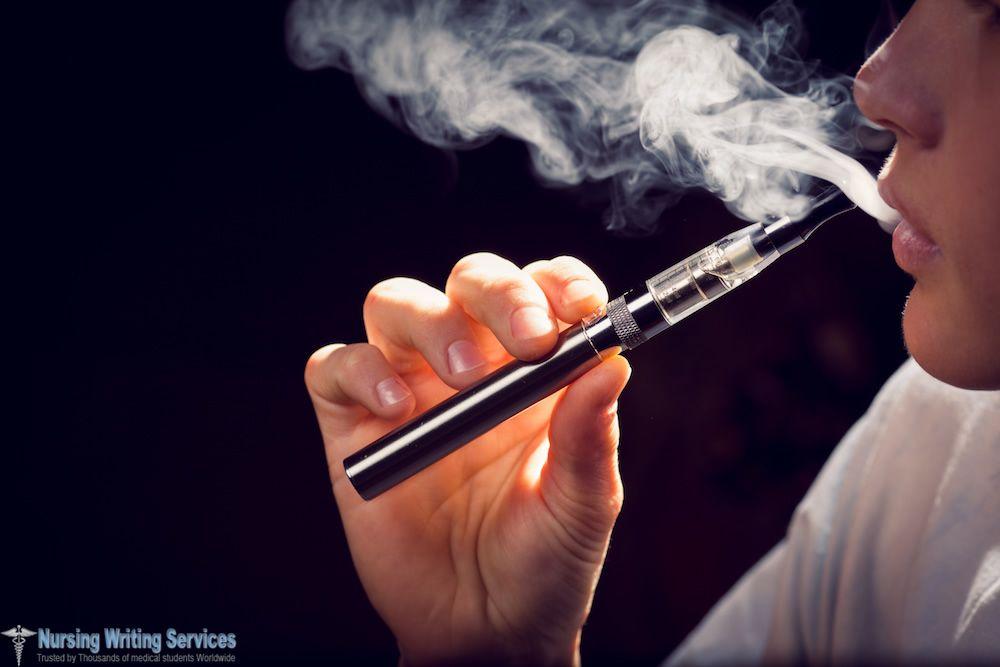
Should cigarettes and other tobacco products be outlawed?
Cigarettes are a harmful substance. Just like alcohol, although they are both legal. Manufacturers make these products while making the users fully aware of the dangers of using them. They even use images to dissuade users from smoking or drinking, while also outlining the risks they expose themselves to. However, this is mostly done out of requirement as it is a regulation in most countries, and it is also illegal to advertise the wrong information.
This is done to let the users know that they are putting themselves at high risk of chronic illness should they continue to use the drug. Most of these drugs often lead to diseases such as cancers of different forms but for smoking, it is especially lung cancer. More than that, it also leads to several respiratory diseases with the overall result in becoming a smoking addict. While tobacco is an addictive substance, it is regulated legally, unlike other addictive drugs and substances.
Smoking a long history, dating back hundreds of years. Our ancestors did it, and in some parts of the world it was considered as part of the culture, and thus accepted for both men and women to smoke. This is true especially in Europe and parts of the Americas. In some parts, it was considered a practice done only by men and especially older men. Women were not allowed to partake in the smoking ritual. The smoking practice differs depending on various backgrounds, and the history behind it.
Since it has largely been an accepted way of life, reversing the norm would be difficult and met with public outcry. Instead, the governments impose higher taxes on goods such as cigarettes (or tobacco in general), and alcohol to reduce the negative effects it sometimes has on a society. Banning it altogether will effectively reduce foreign investment through the cultivation of tobacco firms, the creation of manufacturing plants and the tax that these major corporations pay to be able to operate in foreign countries.
It would be a poor call for the economies of several countries and this is one reason why they are not banned. Another reason pertains t the fact that, politicians often own stakes and the government as well, in national breweries and tobacco plants. Making profits from their citizens’ bad habits. Therefore, banning cigarettes and tobacco use wouldessentially be self-harm since their companies participate in the supply chain procedure.
Additionally, prohibition does not work. Especially when it comes to massively consumed substances such as tobacco and alcohol. Even in countries where it is banned to indulge like the middle east, there is still smuggling of these goods despite their religious affiliations. BY prohibiting tobacco and alcohol consumption, the governments indirectly give power to gangs and cartels, or even worse terrorist access to a large market; with high yields and high demand. In other words, giving them a way to control their economy through the society.
It is a hard job to balance between vice and vanity, but regulation, in this case, is the best alternative. By controlling it through tax, the number of people who use tobacco is reduced due to the high cost of purchase, and as a result, there will be fewer cases of illness related to cigarette smoking. Unfortunately, among disadvantaged communities, smoking is more prevalent. Known to suppress appetite, more and poorer people seek to suppress their needs and forget their problems by engaging in vices and substance abuse.
Quitting smoking, however, is a difficult task. Smokers who decided to quit are faced with challenging withdrawal symptoms and often have a shaky appearance. Whilst there are several companies that have tried to assist in the process to help quit smoking ‘gently’ it is a matter of mind over anything else. The determination to stop smoking is what keeps them going and helps them to maintain their ‘cold turkey’ routine until it is no longer a temptation.

